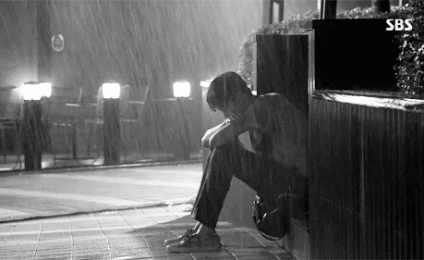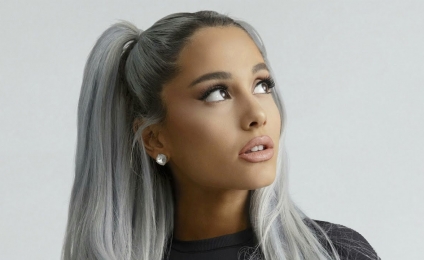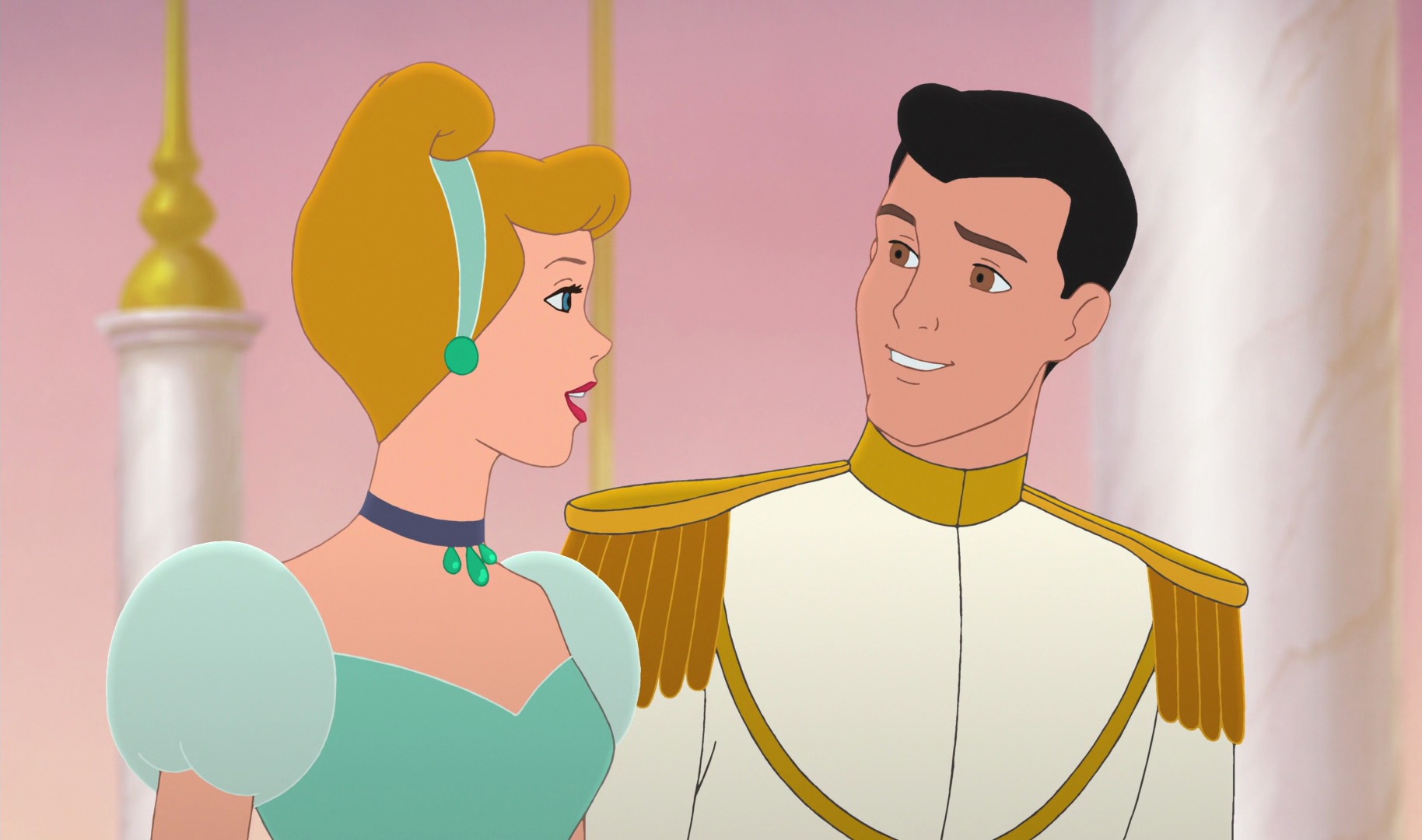You know that punch-in-the-gut feeling that hits you right after something goes terribly wrong? That intense cocktail of shame, regret, and hopelessness—yeah, that one. The one that whispers you’re not good enough, that you're a failure, and maybe you’ll never get it right. It’s the kind of despair that makes the thought of getting out of bed feel like a marathon. The kind that tempts you to ditch your dreams, tear down your hopes, and convince yourself you were foolish to believe love was ever going to work for you.
But here’s the thing: those thoughts lie.
We all know that not every romance is built to last. Some relationships are lessons. Others are chapters. And occasionally, someone walks in and it feels like they're the whole book—until it abruptly closes. It’s painful. But let’s be honest: while breakups are common, not every relationship is doomed to crumble right away. Yet, for some reason, yours seem to crash and burn faster than most.
Could it be bad luck? Maybe. Is it the kind of people you’re choosing? Possibly. Or—deep breath—is it something about you? If you’re starting to notice a pattern, asking yourself, “Why do my relationships always end?” here are 15 brutally honest possibilities that might help you make sense of it all.
These Could Be the 15 Real Reasons Your Relationships Don’t Work Out
15 – You Keep Choosing the Wrong Kind of Partner
It’s so easy to be drawn to a certain "type." Maybe it’s the moody, mysterious guy who barely speaks but smolders in the corner of the room like a tortured poet. He’s magnetic—on screen. But in real life? Not so much. What’s attractive isn’t always compatible. Yet we keep chasing versions of people that look great on paper or in fiction.
We often confuse “I like the way he looks” with “he’s good for me.” There’s a canyon of difference between the two. You might want someone attentive, reliable, emotionally available… but instead, you're dating someone who thrives on being elusive. No wonder things feel off. It's time to ask yourself not what you want, but what actually works with your emotional needs. It’s not just about chemistry; it’s about compatibility.
14 – You’re Clinging to a Hollywood Fantasy
Rom-coms really did a number on us. Somehow, we were tricked into thinking love should always feel magical, spontaneous, and passionately dramatic. You know, spontaneous rain kisses, last-minute airport chases, and someone holding a boombox outside your window. But real life is messy. It’s quiet mornings, annoying habits, and showing up even when you're exhausted.
If you're holding your real relationships up against a script written in a studio, they're always going to disappoint you. It’s no wonder they keep failing—you're chasing a fantasy. Try dialing down the expectations and embracing the beautifully ordinary parts of love. You might find the magic was hiding there all along.
13 – You Struggle to Let Someone In
Being guarded is understandable. You've probably had your heart cracked, maybe even shattered. And in response, you built walls high enough to keep the pain out. But those same walls? They also keep love from getting in.
You can’t expect someone to connect with you if you’re never really letting them see you. They’ll sense the distance, even if you smile and act like everything’s fine. Eventually, they’ll leave—not because you weren’t enough, but because you were never fully there. Vulnerability is scary. But without it, you're not really giving the relationship a fair shot.
12 – Deep Down, You’re Not Actually Ready for a Commitment
Relationships sound lovely in theory—sharing life with someone, snuggles, someone to text when you're bored. But when it comes down to it, are you really ready to make space for someone in your life long-term? Are you willing to make compromises, show up consistently, and share your emotional space?
Sometimes we want a relationship because we think we should have one—our friends are all coupled up, or we feel like we’re “falling behind.” But wanting something and being prepared for it aren’t the same. If you’re not truly ready to commit, your partner will feel it… and things will fall apart faster than they began.
11 – Your Need for Constant Reassurance Is Draining the Relationship
Let’s be real—clinginess isn’t charming, no matter how many memes try to paint it as cute. If you find yourself needing constant validation, texting excessively, or getting anxious when they don’t reply immediately, it’s a sign that insecurity is driving the ship.
Sure, we all want to feel loved and noticed. But when that need becomes all-consuming, it starts suffocating your partner. People need space to breathe and be themselves. If you're constantly hovering, ditching your own life just to be more available, they’ll begin to resent it. Healthy relationships are built on mutual respect and trust—not on emotional dependence.
10 – You’re Convinced It’s Doomed from the Start
What you believe has more power than you think. If you go into every relationship expecting it to fail, your actions will eventually make it happen. Constantly anticipating the end creates a subtle (or not-so-subtle) tension. You might overthink every little thing, misinterpret neutral behavior, and sabotage any signs of stability.
It becomes a self-fulfilling prophecy. Doubt is contagious—your partner will feel it. And nobody wants to invest in something that feels like it’s already on borrowed time. Instead of bracing for the breakup, try leaning into the possibility of it actually working. Hope isn’t naive—it’s necessary.
9 – You Refuse to Bend Even a Little
Love requires flexibility. It’s not a dictatorship where one person gets their way all the time. If you’re unwilling to compromise—always needing things done your way—you’re sending a clear message that the relationship isn’t a partnership.
Relationships thrive on balance. That means listening, adjusting, and sometimes letting someone else take the lead. If you're always digging in your heels and turning disagreements into power struggles, don’t be surprised when your partner eventually taps out. Giving a little doesn’t mean losing. It means building something stronger together.
8 – You’re Still Hoping for a Fairy Tale Hero
Let’s face it—you’ve been waiting for Prince Charming to ride up, sweep you off your feet, anticipate your every emotional need, be drop-dead gorgeous, ambitious, funny, deeply sensitive, and rich… all while never getting on your nerves. Sound familiar?
The problem isn’t having standards. It’s setting up expectations no human being could ever fulfill. Real people are flawed. Even the most loving, attentive partners will miss a cue now and then or fail to read your mood like a psychic. If you're waiting for perfection, you're going to be single for a very, very long time.
A relationship isn't about finding someone who ticks every box on your fantasy list. It’s about finding someone who's real—and right for you in the ways that actually matter. Maybe he doesn’t like romantic comedies, but he shows up when it counts. That’s more valuable than charm and scripted lines ever will be.
7 – You Bottle Up Your Emotions
You might think you're avoiding conflict by staying quiet, but what you're really doing is building a pressure cooker. Eventually, all those unspoken frustrations and disappointments will explode—and usually at the worst possible moment.
Being afraid to share your feelings is a form of emotional self-protection, but it comes at the cost of connection. No one, no matter how intuitive, can understand you without communication. Silence isn’t safety—it’s a slow form of relationship decay.
If you want someone to understand you, you have to actually talk to them. It’s messy, awkward, and sometimes hard. But it’s also the only way to build something that won’t collapse under the weight of assumptions and unresolved tension.
6 – You Overshare Way Too Soon
Being open is good. Transparency is healthy. But timing? Timing is everything.
If you're dumping your entire dating history on someone two weeks into getting to know them, you might be scaring them away before they’ve had a chance to see who you really are in the present. No one needs to know about every failure, ex, or emotional breakdown on the first few dates. Oversharing can feel like emotional baggage being thrown at them all at once.
It’s not that your past should be a secret—it’s that your present deserves a chance to be defined by now, not by what happened before. Let people know you step by step. Don’t let your old wounds do the talking before they’ve even gotten to hear your voice.
5 – You Struggle with Self-Worth and It Shows
Insecurity doesn’t just stay locked inside you—it leaks into everything you do. If you're constantly doubting your worth, questioning your partner's feelings, or assuming they’ll leave, you’ll end up pushing them away, even if they never planned to go.
Insecurity often disguises itself as jealousy or controlling behavior. You might check their phone, interrogate them about their friends, or become defensive over innocent things. Over time, this becomes exhausting—not only for them, but for you, too.
If your relationships keep unraveling and you suspect insecurity plays a role, it’s time to work on how you see yourself. Self-love isn’t optional; it’s foundational. You have to feel solid within yourself before you can feel stable with someone else.
4 – You Bail at the First Sign of Conflict
Fights happen. Disagreements are inevitable. Even the healthiest couples argue. What matters is how you handle those moments—not whether they occur.
If your instinct is to run the second things get tense, you're sabotaging any chance of long-term love. Conflict isn’t the enemy; it’s an invitation to understand each other better. If you storm off, shut down, or break things off without trying to work through it, you’re avoiding the real work of intimacy.
People who stay together don’t avoid arguments. They learn how to fight fair. They stay at the table when it’s uncomfortable. That’s how trust is built—in the tough conversations, not just the romantic dinners.
3 – You Constantly Criticize Without Realizing It
A little feedback is one thing. Constant fault-finding is another. If your version of communication involves pointing out everything your partner does wrong, you're not offering insight—you’re offering rejection on repeat.
Even if you think you’re helping—suggesting they dress better, speak differently, or improve their habits—it doesn’t feel like love from the receiving end. It feels like never being good enough.
Love should be a safe space, not a place where someone feels like they're on a never-ending performance review. If you're too focused on fixing someone, they might eventually decide they'd rather be with someone who accepts them as they are.
2 – You’re Not Being Real About Who You Are
We’ve all done it to some degree—played up certain traits, toned down others, pretended to be into that band or sport just to impress someone we liked. But here’s the truth: masks get exhausting. And they eventually fall off.
If your relationship started with a version of yourself that isn’t entirely honest, it’s not going to last. You can’t maintain a connection built on pretense. The person you’re with deserves to fall in love with the real you, not the curated highlight reel.
Pretending to be someone else may get their attention—but only authenticity can keep it. So ditch the act. Let your weirdness, your quirks, your true passions show up. That’s how real love finds you.
1 – You’re Sabotaging Possibility by Being Too Selective
Being selective is healthy. But being hyper-critical? That’s a recipe for loneliness. If your dating checklist includes a hundred non-negotiables, you might be setting yourself up for disappointment every time.
Sure, you deserve someone who treats you well and shares your values. But if you’re rejecting people over trivial things—like the way they chew, their height, or the fact that they don’t know your favorite obscure indie film—you’re missing out on genuine connection.
Perfection doesn’t exist. And if you keep chasing a fantasy version of your ideal partner, you’ll keep overlooking the real ones who might have loved you deeply—imperfections and all.
Sometimes, the thing that keeps love out isn't other people. It's our own refusal to see past the minor flaws and give something real a chance.
The truth is, love isn’t some perfectly timed script. It’s messy, unpredictable, and sometimes downright frustrating. But understanding why things keep falling apart is the first real step to breaking the pattern. Whether it’s the people you’re choosing, the way you’re showing up, or the fears you’re carrying, there’s always room to shift, grow, and try again—with more clarity this time. Because even if your track record in love is full of false starts and faceplants, that doesn’t mean you’re unlovable. It just means you’re human—and your story isn’t finished yet.


























